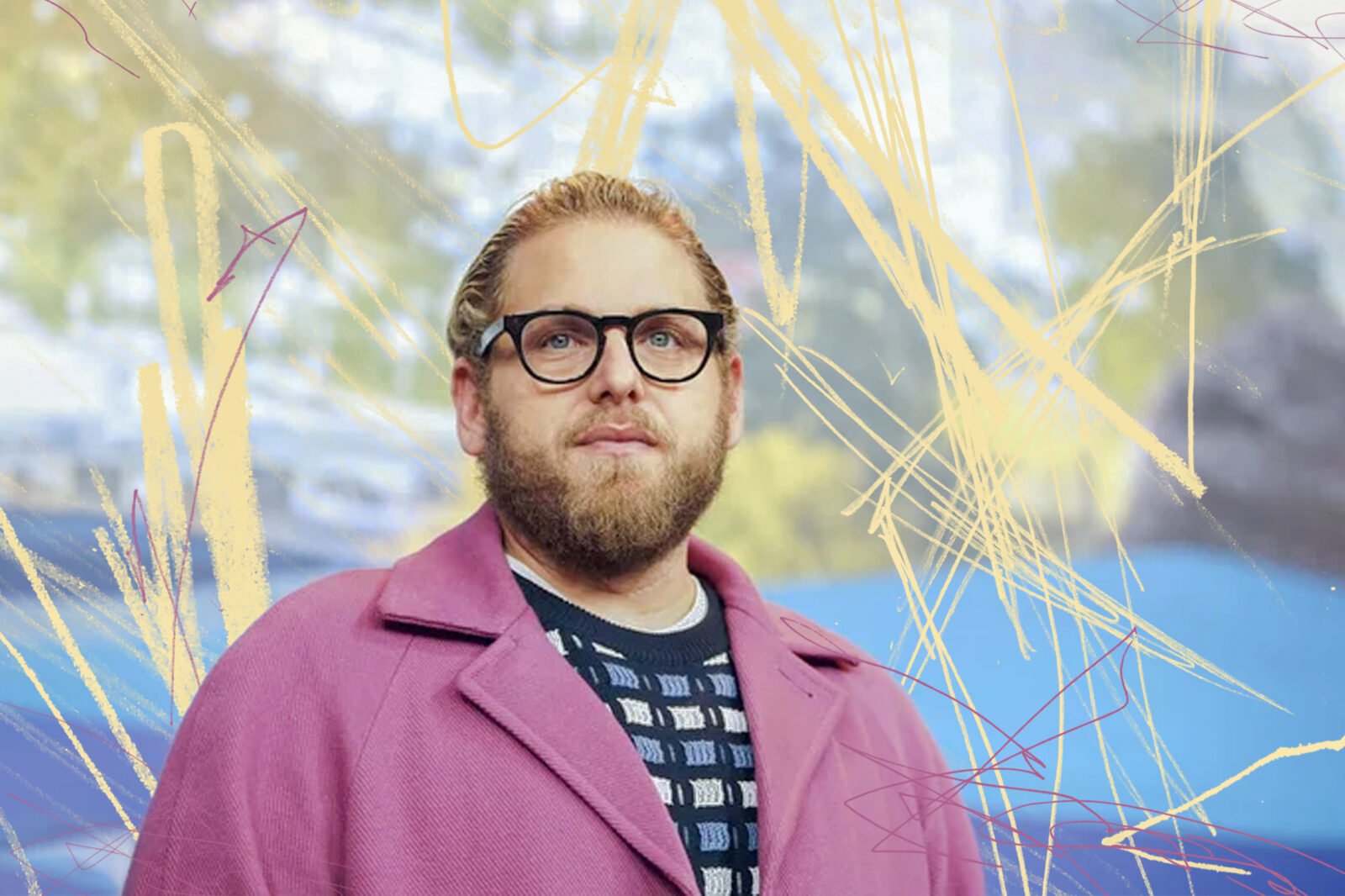
This week marked 15 years since Superbad made Jonah Hill a household name and in that time, he’s risen from a fixture of the millennial slacker comedy to a respected, Oscar-nominated actor who’s worked with the likes of Martin Scorsese and Quentin Tarantino. But while his career has been a dream come true, he’s now revealed that there was a hidden dark side to it all.
He’s directed a new documentary about his mental health journey called Stutz, which will premier at film festivals this autumn. The documentary channels his relationship with anxiety and, specifically, anxiety attacks that he says have gotten progressively worse over the course of his career. They’ve gotten so bad that Hill says he will not be doing any promotion of this movie, or any upcoming movies, so that he can focus on his mental health.
In a letter to Deadline announcing his retirement from one aspect of his celebrity life, Hill discusses this move frankly and with a great deal of self-awareness for what a unique position he finds himself in. “I usually cringe at letters or statements like this,” he admits in the letter. “But I understand that I am of the privileged few who can afford to take time off. I won’t lose my job while working on my anxiety. With this letter and with Stutz, I’m hoping to make it more normal for people to talk and act on this stuff.”
Here’s the full letter, which is worth reading:
“I have finished directing my second film, a documentary about me and my therapist which explores mental health in general called “Stutz.” The whole purpose of making this film is to give therapy and the tools I’ve learned in therapy to a wide audience for private use through an entertaining film.
“Through this journey of self-discovery within the film, I have come to the understanding that I have spent nearly 20 years experiencing anxiety attacks, which are exacerbated by media appearances and public facing events.
“I am so grateful that the film will make its world premiere at a prestigious film festival this fall, and I can’t wait to share it with audiences around the world in the hope that it will help those struggling. However, you won’t see me out there promoting this film, or any of my upcoming films, while I take this important step to protect myself. If I made myself sicker by going out there and promoting it, I wouldn’t be acting true to myself or to the film.
“I usually cringe at letters or statements like this but I understand that I am of the privileged few who can afford to take time off. I won’t lose my job while working on my anxiety. With this letter and with “Stutz,” I’m hoping to make it more normal for people to talk and act on this stuff. So they can take steps towards feeling better and so that the people in their lives might understand their issues more clearly.”
Hill is right that he’s in a rare stratosphere of wealth and privilege, and that gives him an enormous freedom to make this battle a priority. He is absolutely right to use that freedom. And he’s also right to explain why he’s doing it, in hopes that other men and women who have a silent struggle with anxiety can feel better about taking what steps are available to them.






















